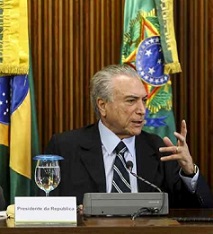
The Politics Behind Brazil’s Crisis
The President of Brazil, Dilma Rousseff, has been suspended from her office while she goes on trial by the Senate. If convicted, she would be removed from office. What is really at issue here?

The President of Brazil, Dilma Rousseff, has been suspended from her office while she goes on trial by the Senate. If convicted, she would be removed from office. What is really at issue here?
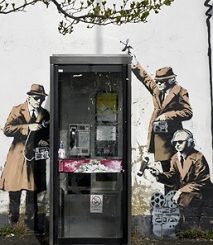
Now that it is common knowledge that the US government has been spying on millions of people’s everyday communications and online activity in the US, Europe and beyond, how has that fact shaped the way people talk, think, communicate and even dream?
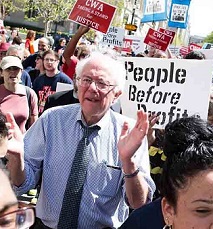
A shift is happening outside the spotlight of the corporate media and our rigged political system. Socialism was the most looked-up word in the Webster dictionary last year. A recent poll conducted by Harvard says a majority of millennials do not support capitalism. The battle around the US ballot box could be narrowing, but the longer war of hearts and minds is still wide open.
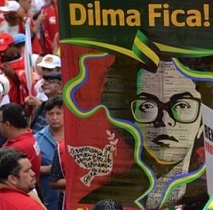
Change is in the air as many leftist governments in Latin America face serious setbacks. What could be interpreted as the twilight of this wave of the Latin American left really underlines how phenomenal this last stretch of history was -- from the election of Hugo Chávez in 1998 to Evo Morales and the rise of a progressive regional bloc, and all the other people's victories in between.
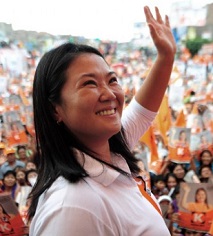
What we see in the continuing drama of Peruvian politics is that every time a so-called left or left-leaning government came to power, the regime soon thereafter moved to the right. Given Peru’s size, location, and economic importance, this has made Peru a prime battleground of Latin American politics.
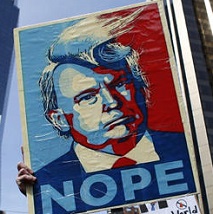
When critics say that Trump as candidate would transform the Republican Party into something quite different from what it has been up to now, they are probably right.
Copyright Toward Freedom 2019